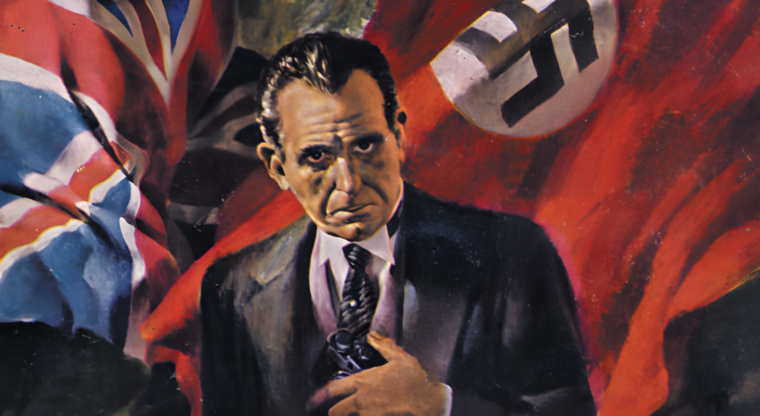
Bulgaria
WWII Nazi Spies: ‘Cicero’
by Kelly BellOn the evening of October 29, 1943, a middle-aged man, innocuous in appearance but for his deep-set, penetrating eyes, appeared at the German embassy in the Turkish capital of Ankara. Read more

Bulgaria
On the evening of October 29, 1943, a middle-aged man, innocuous in appearance but for his deep-set, penetrating eyes, appeared at the German embassy in the Turkish capital of Ankara. Read more
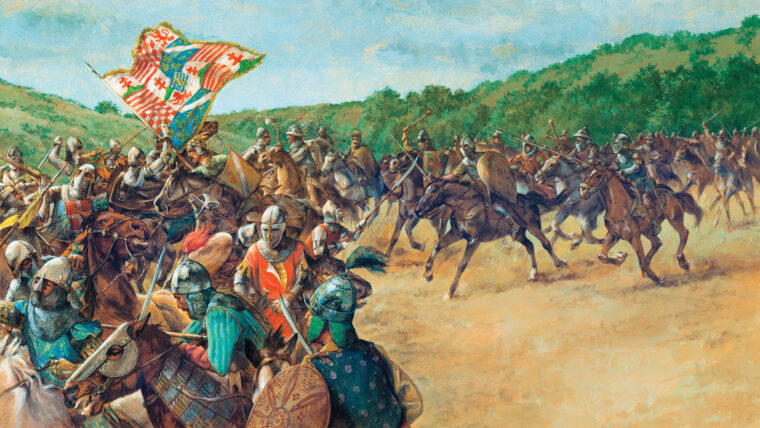
Bulgaria
Thick black smoke rose skyward from burning villages on the southern frontier of the Hungarian Kingdom in the spring of 1395. Read more
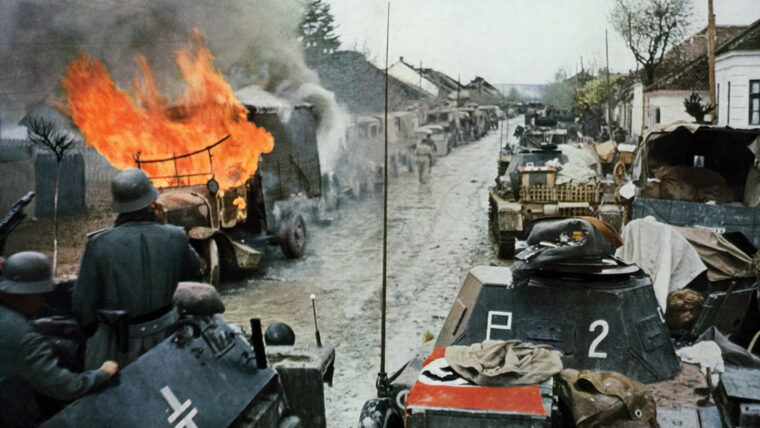
Bulgaria
It was the most exciting scene Associated Press correspondent Robert St. John had yet witnessed in the career he had abandoned for five years to farm in New Hampshire then returned to when he sensed that war was coming. Read more
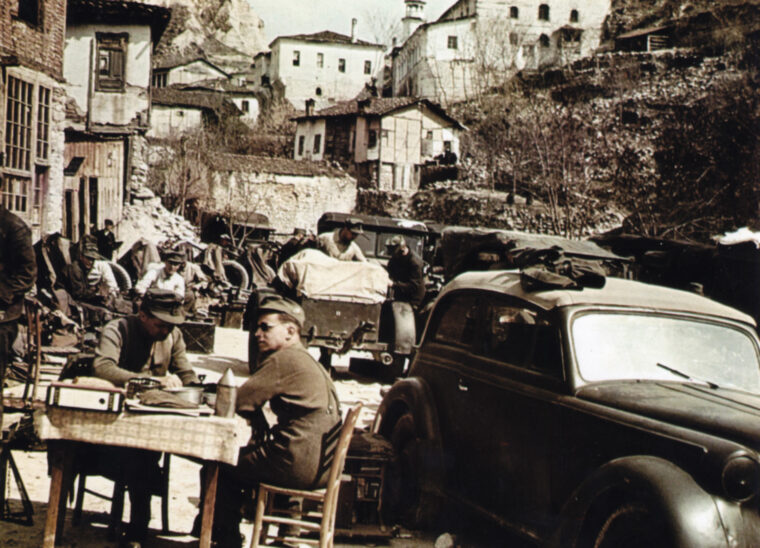
Bulgaria
It was the high summer of 1943 in Eastern Europe, and World War II was going decidedly against the Third Reich, which had just suffered massive twin defeats on the Russian Front at the Battles of Stalingrad and Kursk, which many historians now believe turned the tide of war irrevocably against Nazi Germany. Read more
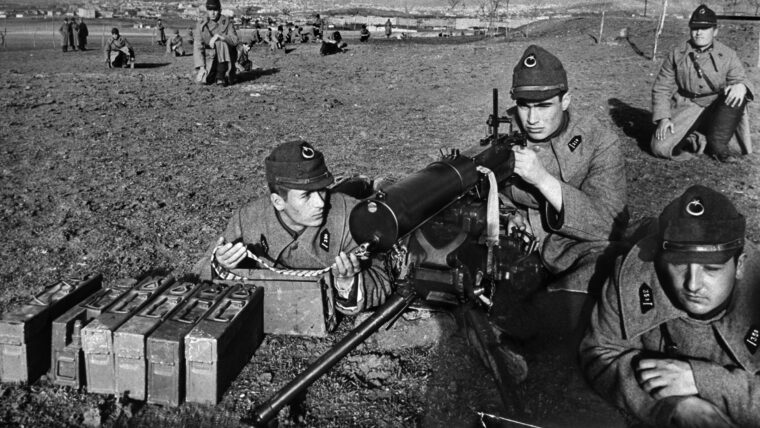
Bulgaria
Maybe the Turks were just bad at picking the winning side. In World War I the Central Powers were defeated by the Allies, so in October 1939 they switched to ally with Britain and France. Read more
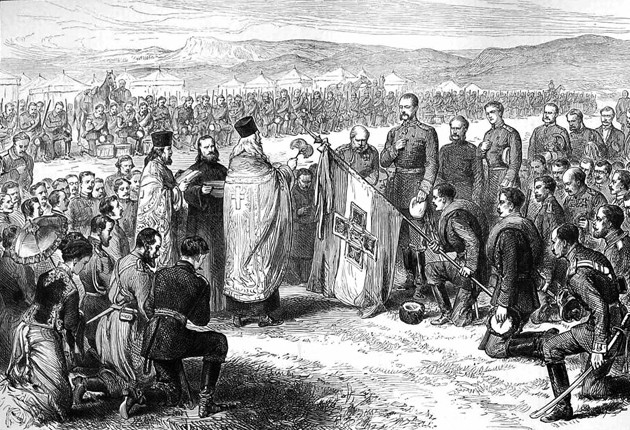
Bulgaria
Anticipating the inevitable war with the Ottoman Empire, the Russian government approved creation of a military formation recruited from native Bulgarian volunteers. Read more
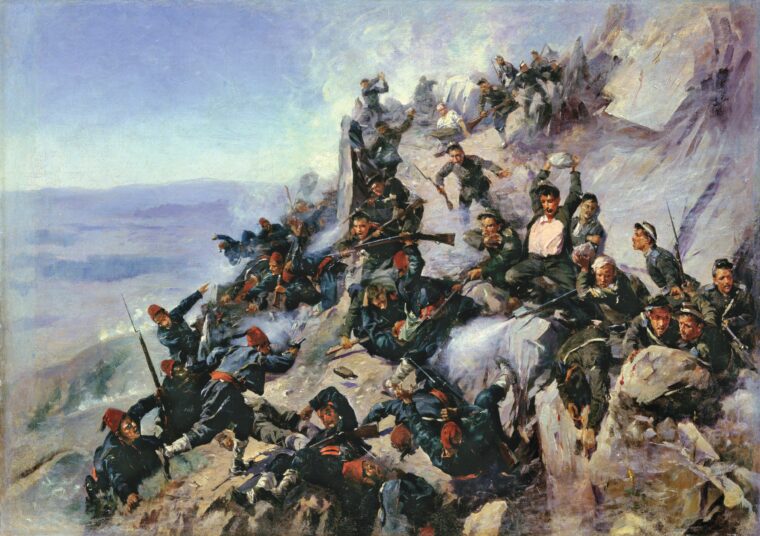
Bulgaria
In the summer of 1875, the Christian Slavic populations of Bosnia and Herzegovina rose up in rebellion against their Muslim Ottoman Turkish rulers in response to high taxes and depredations by the local Turkish administration. Read more
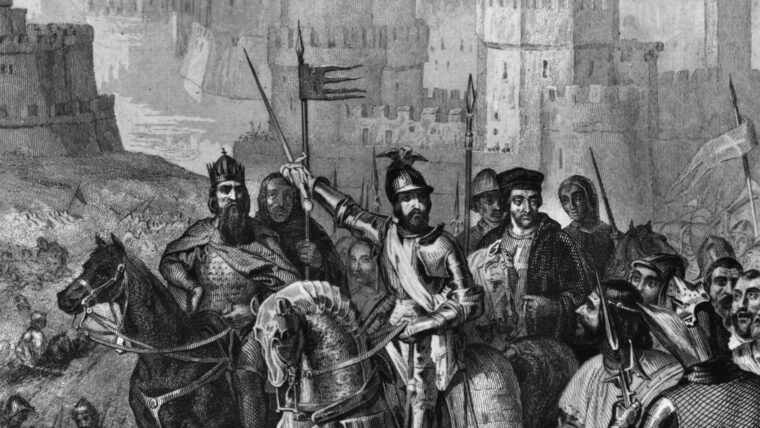
Bulgaria
A delegation from the Kingdom of Hungary seeking military aid to fight the Ottomans undertook a diplomatic mission in the spring of 1395 to a number of great cities in France and Burgundy. Read more
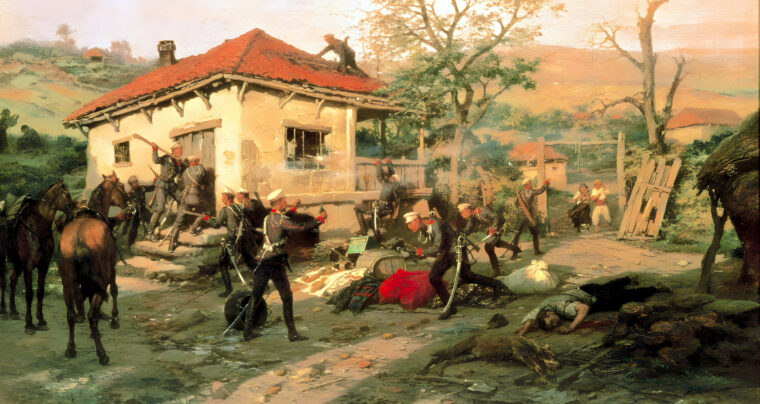
Bulgaria
By the late 1870s, Turkey, the so-called “Sick Man of Europe,” was in terminal decline. While Sultan Abdul Hamid sequestered himself in his palatial compound through paranoid fear of an assassination, the Ottoman Empire was tearing itself apart. Read more